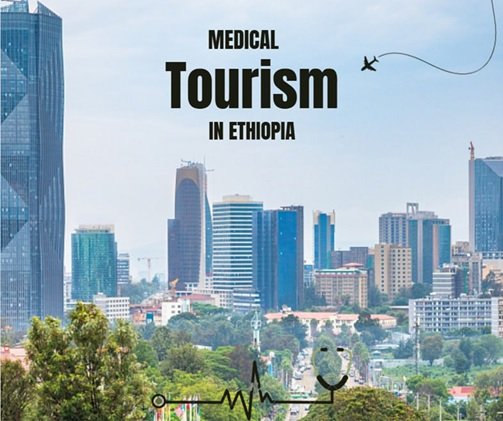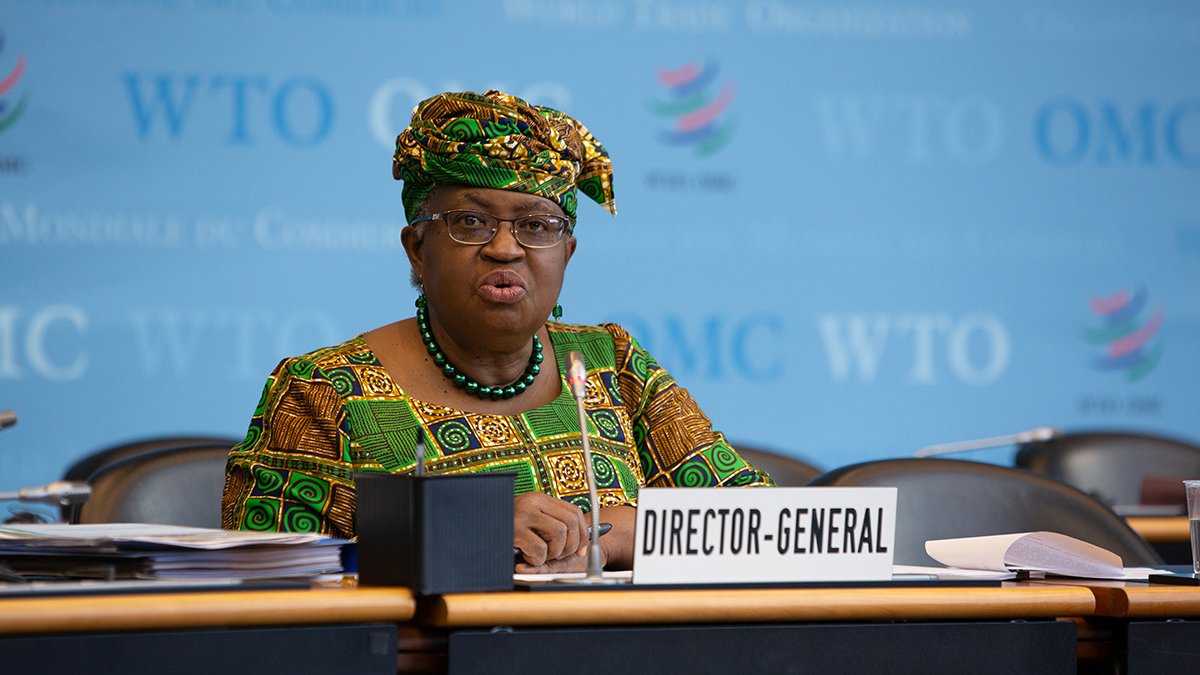
Ethiopia is making calculated strides to reposition itself as a prime destination for medical tourism in Africa, aiming to reverse the long-standing trend of outbound medical travel by its citizens. With focused government reforms, strategic investments in healthcare infrastructure, and the advantage of its geographic location, the East African nation is gradually laying the groundwork for a booming medical tourism industry.
Stakeholders in Ethiopia’s health sector say the country holds significant untapped potential to become a regional hub for specialized medical services. However, to achieve this goal, experts point to the urgent need to strengthen service delivery, rebuild public trust, and expand access to advanced medical care.
Speaking to The Ethiopian Herald, Professor Miliard Derbew, a renowned specialist in pediatric surgery, emphasized that many Ethiopians still travel abroad for treatments that could, in theory, be performed locally. “The issue is not always about the absence of technology or expertise. It is also about perception and trust in the system,” he said. “If we can ensure consistent, high-quality service, we will not only retain patients but also attract foreign nationals seeking affordable and reliable healthcare.”
The Ethiopian government has recently introduced reforms aimed at encouraging private investment in healthcare and fostering international partnerships to upgrade medical services. New hospitals and specialized clinics are being developed, particularly in Addis Ababa, to improve access to advanced diagnostics, surgeries, and treatment options that were previously unavailable or difficult to access.
In addition to infrastructure, capacity-building remains a top priority. The Ministry of Health has been collaborating with academic institutions to scale up the training of health professionals, especially in high-demand specialties such as oncology, cardiology, and orthopedic surgery. International cooperation and knowledge exchange programs have also been initiated to boost local capacity and introduce global best practices.

Health Minister Dr. Mekdes Daba said the government is committed to improving healthcare accessibility and standards, not only for its citizens but also to draw patients from neighboring countries. “We are investing in both hardware and human resources,” she said. “By enhancing the quality of services and ensuring affordability, we can position Ethiopia as a medical tourism destination for East Africa and beyond.”
Ethiopia’s strategic location gives it an advantage in attracting patients from surrounding countries, including Sudan, Somalia, Djibouti, Eritrea, and South Sudan. According to government officials, plans are underway to promote Ethiopia’s medical tourism potential through regional marketing campaigns and partnerships with international insurance companies and travel agencies.
Private sector players have also shown growing interest in the country’s medical landscape. Several new healthcare facilities are being developed with foreign direct investment, particularly in areas such as fertility treatment, cosmetic surgery, dental care, and chronic disease management. These facilities aim to meet global standards and cater to both local and international clients.
Nonetheless, challenges persist. Medical experts note that supply chain issues, limited access to medical technologies, and delays in regulatory processes continue to hinder rapid progress. Additionally, the need for a strong accreditation system and legal framework for medical tourism is critical to building credibility and ensuring patient safety.
Despite the hurdles, observers remain optimistic. “We are witnessing a transformation,” said Dr. Kalkidan Hailu, CEO of a private medical center in Addis Ababa. “If the momentum continues and reforms are sustained, Ethiopia could be a key player in Africa’s growing medical tourism sector within the next decade.”
With Africa’s healthcare market projected to surpass $250 billion by 2030, Ethiopia’s aspirations are timely. By aligning policy, investment, and expertise, the country hopes to not only retain its own medical travelers but also attract thousands more from the region—making health a contributor to both national wellbeing and economic growth.







